Researchers propose testing standards for particulate photocatalysts in solar fuel production
Green Car Congress
FEBRUARY 8, 2021
Utilization of renewable solar energy is crucial for addressing the global energy and environmental concerns and achieving sustainable development. In this regard, photocatalytic water splitting has attracted significant interest as a cost-effective means to convert sustainable solar energy into valuable chemicals. Credit: DICP.

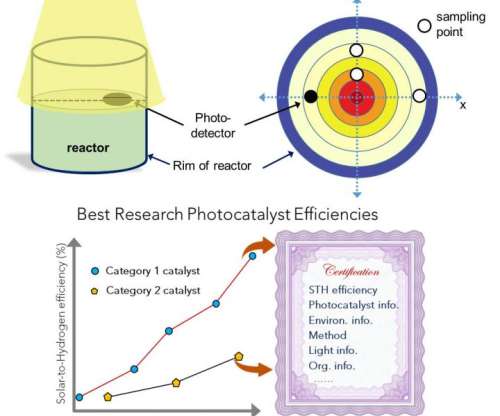




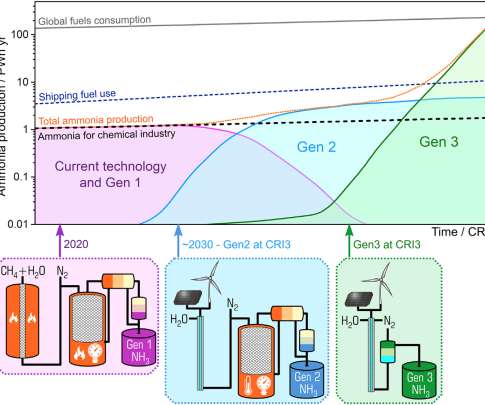









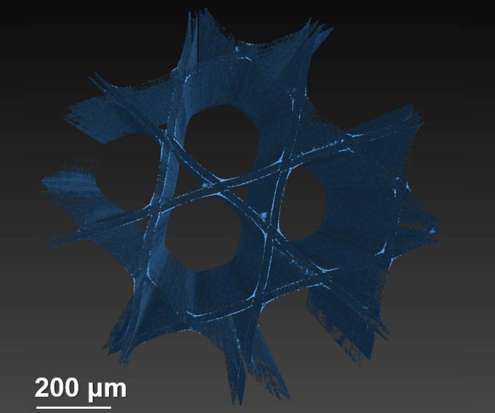
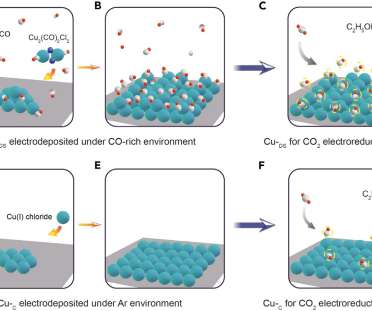
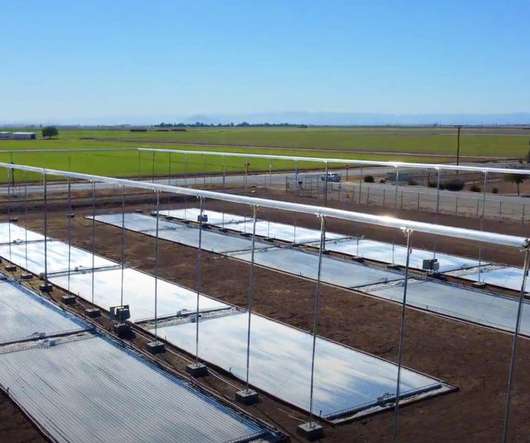



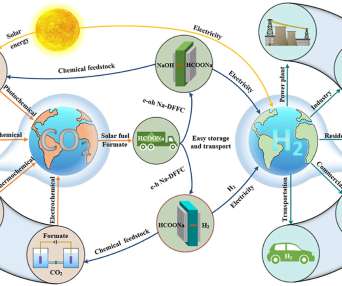
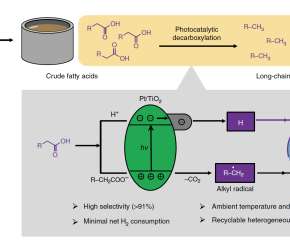

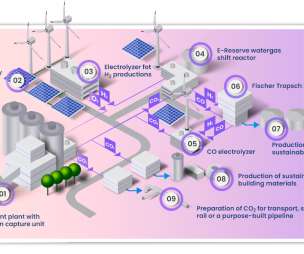















Let's personalize your content